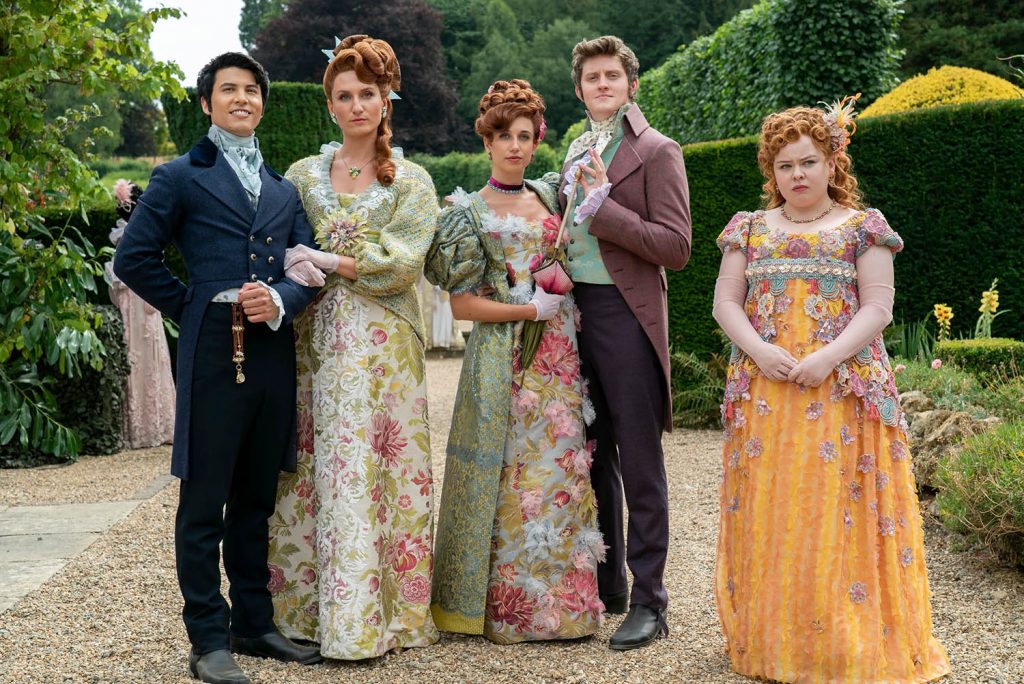
There is no new money for the British arts industry in either of the main parties’ manifestos; no promise to reverse the BBC licence fee freeze or protect Channel 4 from privatisation; no mention of creative industry tax relief, and no discussion of rejoining Creative Europe, which supported 283 UK cultural and creative organisations to the tune of £57 million between 2014 and 2016. Why does this matter? “The creative sector provides very quick growth – infrastructure delivers over 20 years and costs a lot, but a theatre or cinema generates a night-time economy very quickly,” says Paul Fleming, general secretary of actor’s union Equity. And this growth machine is in trouble.
In 2022, the UK’s creative industries added £124.5 billion, or 5.7 per cent to the country’s GDP, with more than one in eight UK businesses part of the sector, according to the Department of Culture, Media and Sport.
But an advertising recession, a frozen licence fee and last year’s Hollywood strikes have drained money from film and television.
While this may seem like a tiny sad violin for the luvvies, research from the BFI shows that the majority of a film’s production budget is spent on non-creative services, from catering and accounting to security guards, carpenters and electricians. The UK is dependent on Hollywood money – of the 18 high end TV programmes in production in the UK, according to Screen International, only one is for a British broadcaster.
On 14 June, Shonda Rimes – creator of Bridgerton – opened trading at the London Stock Exchange to mark the fact that her show alone has boosted the UK economy by £275 million, or slightly more than the government is spending to upgrade London’s transport system. This includes paying 5,000 UK companies for services provided, but doesn’t include any benefits from tourism.
The UK’s film and TV sector brought inward spend of £6.5 million in 2022, and still managed a reduced £3.31 billion in 2023, the year Hollywood ground to a halt. Spending on domestic UK high-end television accounted for just 27 per cent of the total spent on making telly in this country, while UK films accounted for just 11 per cent of the total movie budget spent here.
Philippa Childs, head of media workers union BECTU, says members who have not worked for several months have been selling their equipment or declaring themselves bankrupt. “Although it sounds radical we need to put in place financial support for skilled freelancers if we’re not to lose those skills,” she says, suggesting parties look at European models enabling those who work a minimum number of hours per year to draw benefits.
Fleming agrees. “The reason Hollywood comes here is the talent, the infrastructure and the BBC,” he says. “We had a very grave round table a year ago with the chancellor where US producers were demanding a stable funding set up for the BBC. No party is offering that.”
When criticising subsidies and tax breaks, parties like Reform make much of the lack of subsidies Hollywood receives – although tax breaks films receive in the US effectively reimburse an average of 30 per cent of production costs, and Hollywood’s creative accounting means films like Harry Potter and the Order of the Phoenix can declare a $167 million loss on paper after grossing nearly $1 billion.










